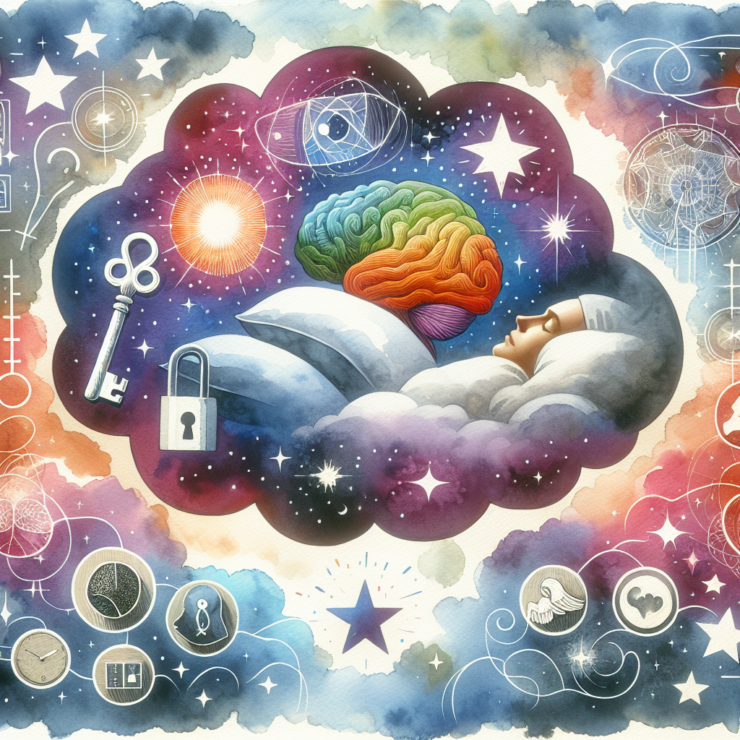Have you ever considered sleep as a powerful medicine? Most of us know that getting a good night’s rest is important, but the depth to which sleep affects our overall health might surprise you. Recent studies shed light on the multifaceted benefits of quality slumber, revealing that it’s not just about feeling rested.
Sleep has a profound impact on our mental health, physical recovery, and even our ability to fend off diseases1. It’s during sleep that our bodies undergo repair and detoxification processes crucial for maintaining health and vitality. Both the brain and body use this time to heal, restore, and rejuvenate2.
For starters, adequate sleep plays a pivotal role in mental health. It has been linked to better mood regulation, higher cognitive function, and a lower risk of mental health disorders. When we sleep, our brain can process emotions, consolidate memories, and strengthen neural connections, highlighting the direct relationship between sleep and psychological well-being3.
On the physical side, sleeping enough is key to a strong immune system. Studies find that people who don’t get sufficient sleep are more likely to get sick after being exposed to a virus. Sleep boosts the effectiveness of specialized immune cells called T cells, enhancing the body’s defense mechanism against infection4.
Quality sleep also supports heart health by helping to regulate blood pressure and cholesterol levels, two major risk factors for heart disease. During sleep, the body’s blood pressure naturally lowers, giving the heart and vascular system a rest. Moreover, sleep deprivation has been found to increase the risk of cardiovascular problems, making uninterrupted sleep a simple yet effective tool in heart disease prevention5.
Another often overlooked benefit is sleep’s role in weight management. Lack of sleep is linked to increased hunger and appetite, leading to higher calorie consumption and potential weight gain. Sleep influences hormones like ghrelin and leptin that regulate hunger, explaining why when we’re sleep-deprived, we’re more likely to reach for unhealthy snacks6.
Embrace the power of sleep, for it is the cornerstone of both mental prowess and physical robustness. As we navigate through days filled with challenges, sleep stands out as our body’s natural tune-up mechanism, silently but effectively gearing us up for what lies ahead. Let’s prioritize sleep, not just for the sake of fulfilling a necessity but in acknowledgment of its profound healing and restorative powers. Look beyond the night and see sleep for what it truly is – a fundamental pillar of health and well-being. Let this understanding guide us towards better sleep habits, and in turn, a healthier, happier life.
- https://www.sleepfoundation.org/physical-health/how-sleep-affects-immunity [↩]
- https://www.nih.gov/news-events/nih-research-matters/how-sleep-clears-brain [↩]
- https://www.sleepfoundation.org/mental-health [↩]
- https://www.health.harvard.edu/newsletter_article/sleep-and-mental-health [↩]
- https://www.cdc.gov/heart-disease/about/sleep-and-heart-health.html [↩]
- https://www.mayoclinic.org/healthy-lifestyle/adult-health/expert-answers/lack-of-sleep/faq-20057757 [↩]







































Add comment